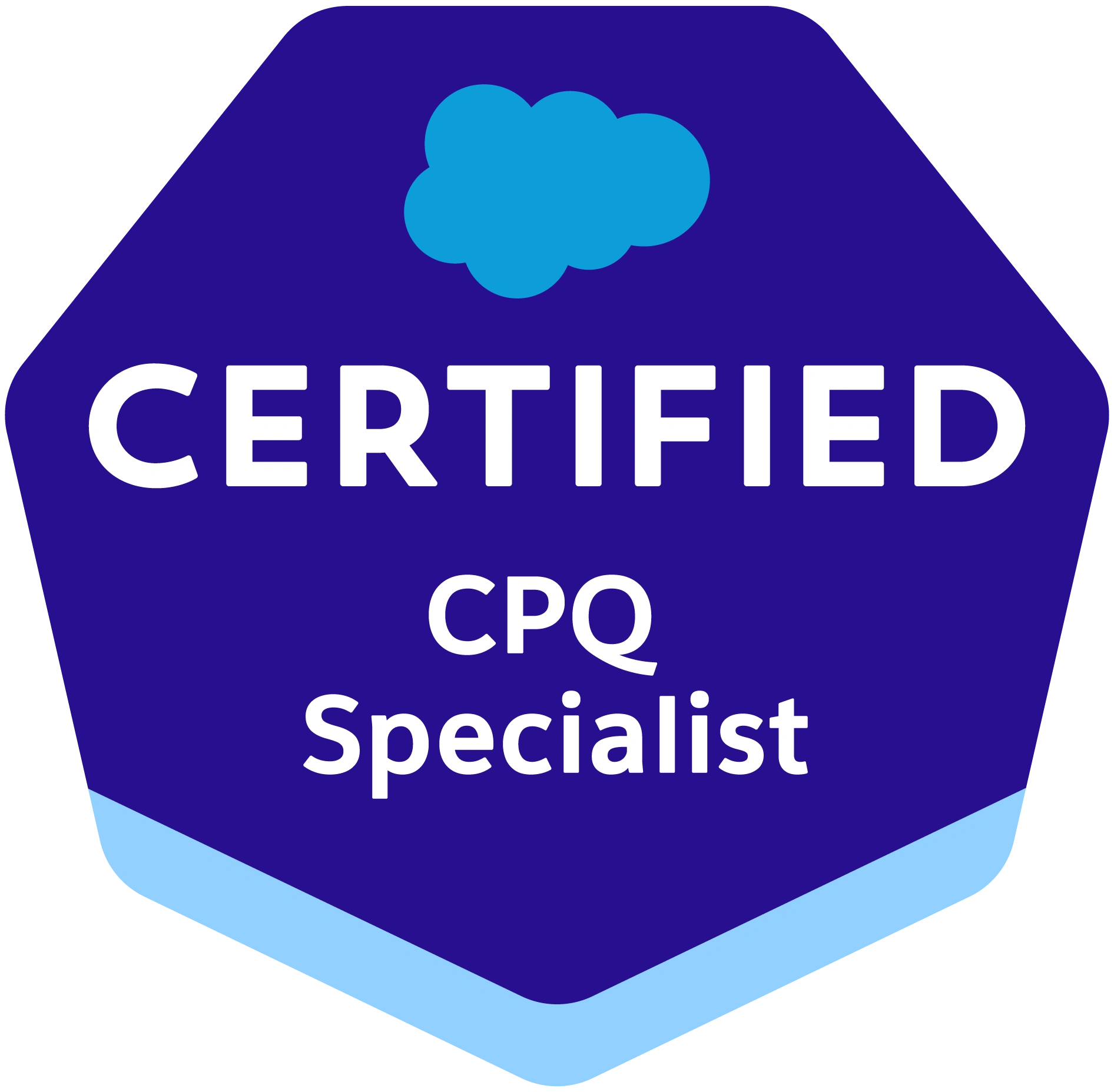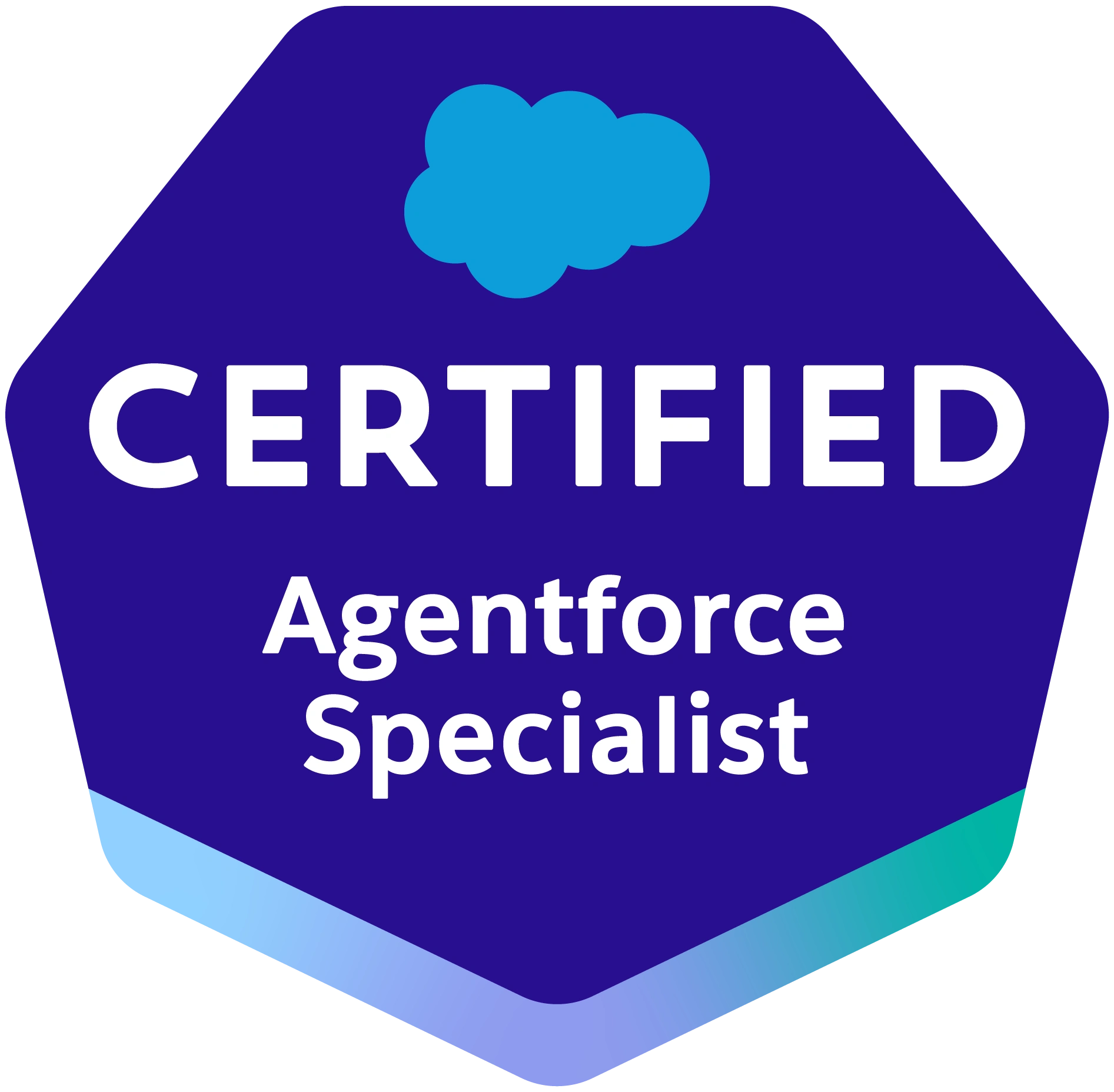Transform your enterprise with precision-engineered Salesforce migrations. We eliminate complexity, preserve data integrity, and accelerate your path to cloud-native operations

150+
Successful Projects
40%
Increase in Sales Efficiency


Powering Growth with
Award-Winning Salesforce Solutions
Trusted by enterprises for innovation, performance, and proven results.








Minuscule Technologies
As your Salesforce engineering partner, we execute seamless data migrations and modernization using AI-powered DevOps and metadata-driven strategies to minimize risk. We optimize the Lightning Platform for peak speed, security, and adoption, creating a scalable foundation for innovation. Partnering with us ensures a dedicated team focused on transforming your Salesforce investment into measurable, long-term business growth.
Analyze metadata and code to eliminate technical debt. Refactor configurations and streamline data models to deliver a lean, scalable, and efficient Salesforce instance.
Enhance Lightning Experience interfaces to boost adoption. Redesign workflows for intuitive navigation, aligning the UI seamlessly with agile business processes.
Accelerate releases using an AI-driven framework. Automate the full lifecycle—from code analysis to AI-generated testing—ensuring speed, reliability, and zero-defect deployments.
Maintain stability with AI monitoring that predicts issues before user impact. Automate data cleaning to guarantee accuracy and compliance during migration.
Integrate Salesforce with ERP and custom systems via API-first strategies. Ensure secure, real-time data synchronization to establish a single source of truth across the enterprise.
Maximize value by optimizing license usage and reducing overhead. Identify cost savings, drive feature adoption, and track metrics for peak financial efficiency.
Ready to Transform Your Salesforce Experience?
Let’s build a platform that grows with you.

Execute a seamless, risk-free transition with our structured five-stage framework, ensuring data integrity and operational continuity.

One promise: Salesforce that fits your business.
08
Industries
200+
Implementations

Manufacturing

Automotive

BFSI

Real Estate

Healthcare

Aviation

Energy

Education
Technical debt accumulates through years of customization of deprecated features, redundant custom code, and inefficient data models. Migration projects create natural refactoring opportunities. We audit your complete metadata footprint, identify complex hotspots, and architect systematic simplification. By consolidating duplicate objects, retiring obsolete customizations, and rebuilding workflows on modern Lightning patterns, you reduce long-term maintenance costs while improving system responsiveness.
Legacy migrations treated Salesforce as a database to extract data, transform, load, go live. Modern approaches recognize Salesforce as an intelligent platform. We establish continuous integration frameworks, deploy AI-driven validation, architect event-driven integrations, and design governance models that prevent future technical debt. Automation replaces manual handoffs; intelligence replaces manual verification; orchestration replaces rigid phase gates.
Modern enterprises operate integrated ecosystems. We design bi-directional middleware that synchronizes master data customer records, orders, payments, inventory across Salesforce and ERP boundaries. Event-driven architectures ensure real-time data flow while maintaining data consistency across distributed systems. API-first patterns enable flexible routing and third-party tool integration without creating brittle point-to-point connections.
Most organizations maintain licenses that do not align with their actual usage patterns. We analyze consumption across every license tier, identify over-provisioning, model alternative tiering strategies, and recommend effective consolidation approaches. Our goal is to reduce unnecessary spending while expanding capability access for priority users. We also establish consumption dashboards and governance protocols to ensure ongoing optimization and long-term efficiency.
Manual migration processes are error-prone, slow, and difficult to audit. Agentic systems powered by machine learning and continuous validation execute migrations faster, catch anomalies humans miss, and maintain comprehensive audit trails. Automated regression testing, intelligent data validation, and orchestrated deployment pipelines compress timeline while elevating reliability. This transforms migration from high-risk projects to managed, repeatable processes.
Timelines depend on complexity, number of orgs, data volume, system integrations, and customization extent. Straightforward migrations may compress into 8-12 weeks. Complex multi-org consolidations or legacy system transitions typically require 4-6 months. We establish detailed project timelines during the discovery phase, identifying critical path activities and resource dependencies.
Data integrity rests on multiple layers: rigorous validation frameworks that verify transformation accuracy before production cutover; reconciliation dashboards comparing legacy and new system records; automated anomaly detection flagging data inconsistencies; comprehensive audit trails documenting every transformation; redundancy protocols enabling rapid rollback if issues emerge; and post-migration monitoring establishing continuous data quality verification. We apply belt-and-suspenders philosophy for multiple validation mechanisms, not single dependency.
Stories of Growth, Innovation & Trust
Dealer Performance Tracking with Automated KPI Monitoring
A global automotive manufacturer with an extensive network of dealerships responsible for sales, service, and product support....

Streamlining Lead Management for an Online Medication Management and Pharmacy Solution
Discover how Minuscule Technologies enhanced lead management for an online pharmacy, boosting efficiency and customer engagement.

Seamless Migration from MS Dynamics to Salesforce CRM
Seamless migration from MS Dynamics to Salesforce CRM by Minuscule Technologies, ensuring data integrity, smooth transition, and enhanced efficiency.
150+
Successful Projects
40%
Increase in Sales Efficiency
98%
Clinet Satisfaction
30%
Faster Service
The Salesforce Pulse: Insights and Innovation
You've seen what's possible. Now, let's make it happen for your business. Whether you need an end-to-end Salesforce solution, a complex integration, or ongoing managed services, our team is ready to deliver.

Schedule a Free Strategic Call